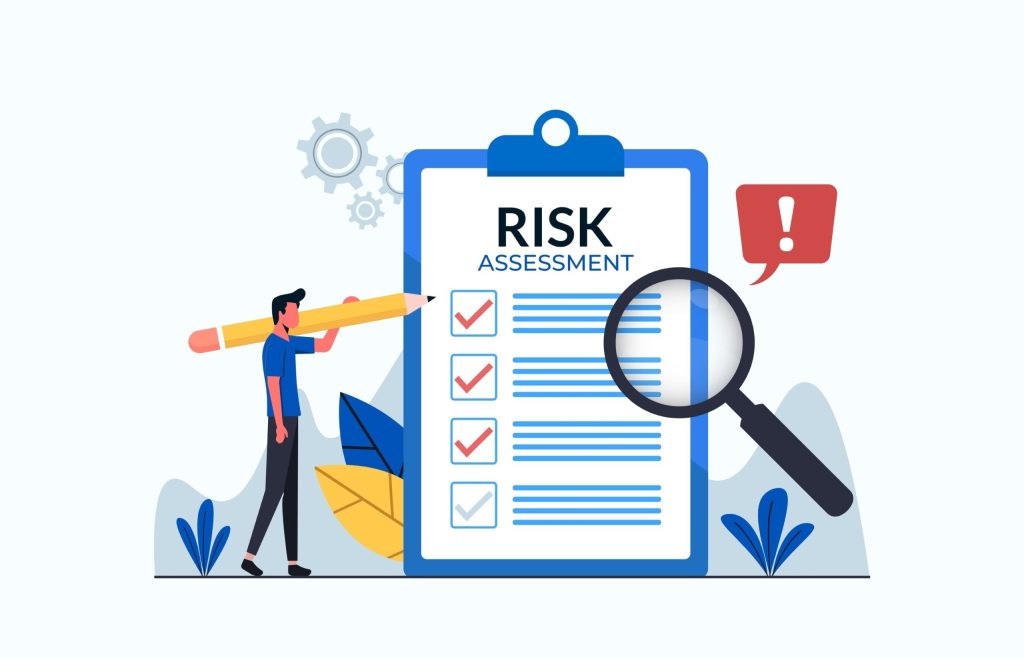In the realm of chemical, consumer product, pharmaceutical, and environmental safety, conducting toxicological risk assessments is a critical necessity. These assessments serve as a cornerstone for the protection of public health and safety by evaluating the potential hazards associated with exposure to harmful substances. This document elaborates on the process of conducting toxicological risk assessments and underscores their importance.
Understanding the Process of Toxicological Risk Assessments
Toxicological risk assessments involve a methodical examination to ascertain a substance’s harmful properties, the level of human exposure, and the ensuing risk. This approach enables stakeholders to make informed decisions concerning risk management and mitigation efforts to ensure health and safety. It integrates data from diverse fields, including toxicology, chemistry, epidemiology, and environmental science, to furnish a comprehensive evaluation.
The Importance of Toxicological Risk Assessments
The primary purpose of toxicological risk assessments is to provide the basis for regulatory standards and safety protocols, with a secondary aim of safeguarding human health and the environment. These assessments facilitate informed decisions regarding policy, regulatory actions, and product safety evaluations. They are instrumental in identifying hazardous substances, establishing safe exposure limits, and averting toxicological emergencies.
Executing a Toxicological Risk Assessment
Identification of Hazards
The initial step involves determining the potential harm a substance may cause and under what conditions. This requires conducting new research, analyzing the substance’s properties and mechanisms, and reviewing existing studies.
Assessment of Dose-Response Relationship
This crucial phase evaluates the relationship between a substance’s exposure level and the severity of its toxic effects. It is essential for establishing safe exposure thresholds.
Exposure Risk Assessment
This stage involves estimating the intensity, frequency, and duration of human exposure to the substance. It encompasses identifying at-risk groups and considering different exposure pathways, such as inhalation, ingestion, or dermal contact.
Risk Characterization
This final stage synthesizes information from the previous steps to describe the nature and magnitude of health risks posed by exposure to the substance. It involves assessing the likelihood of adverse health effects in the exposed population.
Challenges and Considerations in Toxicological Risk Assessments
Toxicological risk assessments entail complexity and challenges, requiring a multidisciplinary approach, comprehensive data access, and advanced analytical capabilities. Managing inherent uncertainties and effectively communicating them to relevant stakeholders are critical aspects of this process. Moreover, assessments must be regularly updated and refined to reflect advances in scientific knowledge and societal needs.
Enhancing Safety Through JL Tox Consulting: Premier Toxicological Risk Assessment Services
Toxicological risk assessments are indispensable for understanding and managing the risks associated with exposure to harmful substances, thereby protecting public health and the environment. JL Tox Consulting offers specialized services to meet the needs of organizations conducting these vital assessments and providing expert support.
With a team of skilled toxicologists and risk assessment experts, JL Tox Consulting delivers meticulous evaluations designed to ensure your products, policies, and practices protect the general public’s health and safety. Entrusting your toxicological risk assessment requirements to JL Tox Consulting leverages their expertise in navigating the complexities of safety assurance and regulatory compliance.

